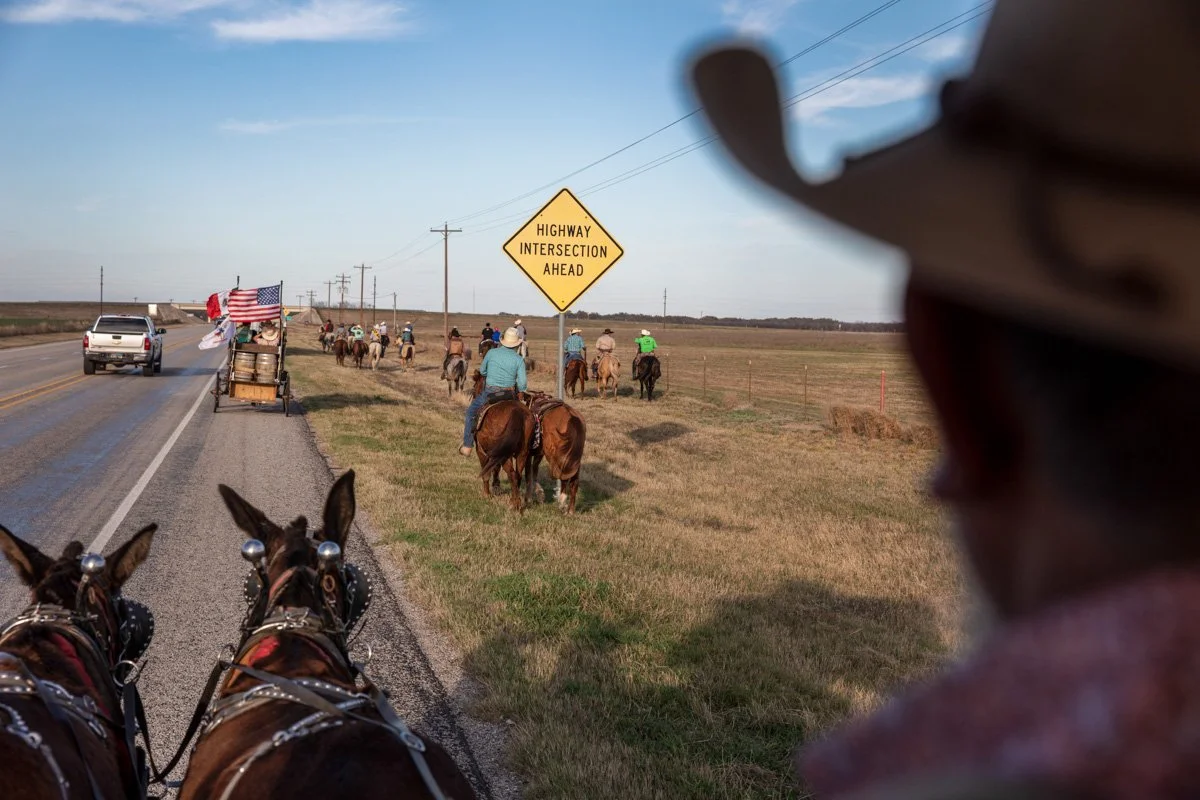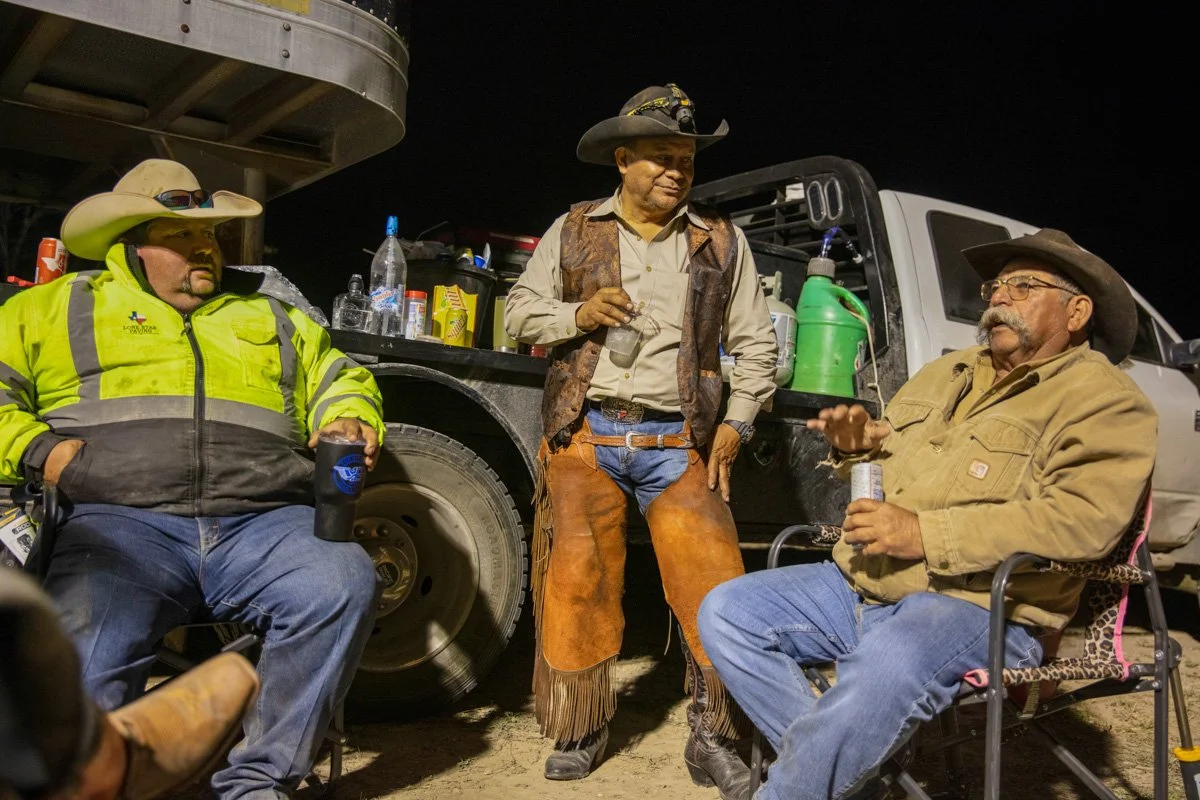American Sketches
March 7, 2023 • Written by Julie Winokur
Over the past few weeks, Ed Kashi (my incredibly talented husband/collaborator) and I hit the road from San Francisco to New Jersey, kicking off a new project called American Sketches. Through Ed’s photographs and my writing, we will attempt to explore the fabric of America in this deeply divided, precarious time.
We set out with no particular focus, and no exact destination – the goal is to document true stories of American life, with as few preconceptions as possible.
Below is an exclusive preview. I hope you enjoy.
Photo by Julie Winokur
The world is full of stories, and most of them aren’t true.
These sobering words came from a not-so-sober novelist friend at a party in San Francisco shortly before we began our 4000 mile road trip. At a time when our country seems turned inside out, Ed and I planned to hit the road in search of some truths. My friend disabused me of any notion of finding them. Instead, she offered a liberating reminder that stories are just that: stories. No more, no less. They are the bricks we use to build our communities, our jobs, our opinions, and politics. They are momentary facts, molded by perspective and solidified by selective memory. Ideally, they help us create a shared reality, a shared narrative.
We left San Francisco in pursuit of stories to help make sense of this moment in history, when common sense is uncommon, and the country appears to be at odds with itself. Convinced that life on the ground doesn’t resemble the processed reality we consume from afar, we set out to share the momentary truths we could witness, or better yet, the building blocks we would encounter along the way.
The following fragments are a few bricks we will build on. They are intended to be stories about people of a place at this time.
Photo by Julie Winokur
CABALGATA
Over 200 horseback riders set out from Eagle Pass, Texas on the 23rd Annual Cabalgata Internacional La Grande. This week-long journey traces a portion of the Camino Real from the border of Mexico to Fort Worth where it will join ten other trail rides for opening ceremonies at the Fort Worth Rodeo.
This is billed as the only international trail ride, but given the ubiquitous Spanish, hardy Mexican meals and free flowing tequila, the border blurs to a mere technicality, a figment of the imagination. In this part of the country, it’s impossible to decipher what it means to be Mexican or American, as though to be Mexican American is a nation unto itself.
Many of these riders were born in Mexico, served in the U.S. military and now work in everything from cyber security to construction to trucking. They speak a culture uniquely their own, and they defy my expectations of their place in the American landscape.
The prevailing narrative around Mexicans in America today has warped my understanding of their deep ties to the land. Not just any land, but this land. The original horseback riders traversing the Camino Real in the 18th century weren’t John Wayne prototypes. They came in shades of brown, speaking Spanish, fending off the French and tribes whose names they couldn’t pronounce, all while spreading the gospel by bible and bullet. My new acquaintances on the Cabalgata, by contrast, are redefining America by putting their heads down, sleeves up and flying their flag as proud reminders that the border is an illusory line.
Photo by Julie Winokur
ENVIRONMENTAL JUSTICE IN DALLAS
Photo by Ed Kashi
The Singleton neighborhood of West Dallas: Janie Cisneros points across the street from her small, brown front yard to the looming GAF asphalt shingle factory. Growing up, she didn’t realize that air shouldn’t taste sour or sit heavy in your chest. That was before she went to Cornell University and then on to DeVry for a masters in Human Computer Interaction. “I had to learn everything in one year,” she says of the intense battle she’s been waging against GAF since she moved home. GAF spews 125 tons of sulfur dioxide into her neighborhood every year and she has had to learn about emissions, industrial permits, and zoning. Ironically, GAF’s headquarters are in New Jersey, our home state—a reminder that we’re all interconnected, for better or for worse, in sickness and in health. We’ve documented similar environmental injustices in New Jersey. Different zip code, same story. As a first-generation college graduate with a master’s degree, knowledge is Janie’s best weapon, and she wields it impressively. GAF has already agreed to shut down in seven years. That’s not good enough for Janie; she’s now fighting for a faster timeline after waiting so long.
Photos by Julie Winokur
On the other side of Dallas, Evelyn Mayo, Alisha Kendrick and Misti O’Quinn walk us through the Joppa neighborhood. Another shingle factory, a highway that exiled a community from the rest of the city, starved businesses, decaying churches, shuttered schools. In this former Freedman’s Town, small modern homes are popping up, signaling the seeds of renewal. “True organizing is bred by necessity,” says Misti. “No one chooses to do this.”
Defying my own preconception that community organizers default to no-nonsense clothing and sensible shoes, Alicia wears her resistance in style, sporting 4” tan suede boots, flared white jeans and an up-do with expressive curls. This is what a modern-day superhero looks like.
MISSISSIPPI DELTA
Photo by Ed Kashi
In the Mississippi Delta, civil engineers have managed to reroute the most powerful river in the United States. By contrast, more than 70 years of civil rights have failed to remap the Delta’s racial divide. From the persistently segregated schools to the railroad-tracks that define neighborhood boundaries, every conversation we have in the Delta circles back to race. It infuses the soil like a thousand underground creeks, and like fertilizer it nourishes tall stalks above ground while poisoning the dirt below.
Photo by Ed Kashi
At the Burrus House — an old plantation featured in the 1956 film Baby Doll — we meet Eustace Winn, a refreshing 40-year-old farmer with a youthful optimism and the folksy demeanor of a John Steinbeck character. Eustace was born into farming, but his father lost the family farm when Eustace was in middle school. Despite earning a business degree at ‘Ole Miss,’ the land kept calling. He now cultivates pecans on rented land and manages the Baby Doll House as a wedding venue. “Other than the main house, everything else is gone to time,” says Eustace, who seems to have made peace with the shifting fortunes of his family and, perhaps, the whole Delta. Instead of clinging to the old ways, he is a Phoenix rising on leased land, with a healthy regard for what it means to have and have lost. While other local farmers are hiring White South Africans (yes, White) to till and harvest the land—some of whom were recently sued for discriminatory hiring practices—Eustace is committed to employing local residents, White and Black. Despite a disappointing harvest last year, he recently signed a lease for an additional 40 acres from a Black woman who lives in Miami. “I have no idea how she came to own the land,” says Eustace. Meanwhile, my ears ring with the Reconstruction deceit of ‘40 acres and a mule.’ Everything in this foreign land seems connected to a racialized history. I am encouraged that for Eustace, irrigation and herbicides take precedence as he sets about seeding a future here.
Photo by Ed Kashi
We spend many hours in the south with a dear friend and colleague whose photographs of Black cowboys has been celebrated internationally. A couple of years ago a group of Black photographers questioned whether a White photographer had any license to document a Black subculture. The question is legitimate, as long as the answer doesn’t precede the question. In this current moment of reckoning, shouting from the social sphere tends to drown out legitimate dialogue and this was no exception. Our friend was devastated. He retreated not just from the project, but from the very relationships he had built with the cowboys. The confrontation sent him into a tailspin, making him question his place in his own world.
During our stay, he musters the courage to attend a funeral for one of the cowboys. He arrives with a framed photograph for the family and we watch as one after another mourner greets him enthusiastically. With each embrace, the torment that haunted him melts away. Amidst the hugs and tears and camaraderie, we see a community genuinely welcome a friend, regardless of skin tone. “Through this project I broke bread with people that I never would have before,” our friend shares. If only the reactionaries from the social media netherworld could witness the warmth and acceptance our friend received. They might be persuaded to suppress their tribalism in exchange for elevating our shared goals.
A RIFF ON CAR SHOWS
Photo by Ed Kashi
The automobile: An embodiment of mobility, freedom on wheels, self-expression in the form of fiberglass, steel and rubber. It is the object where human ingenuity meets unbridled motion. And the North Texas Auto Show could as easily be called the Great American Expo — universally appealing, a place where fantasy, practicality and aspiration come together. Our differences recede into the shadows of this dazzling spectacle. Finally, we found a place blind to age, race and gender. All are welcome, the dial set to consumer mode, our future best selves in tow.
Photo by Ed Kashi
ON THE ROAD…
To be continued…












